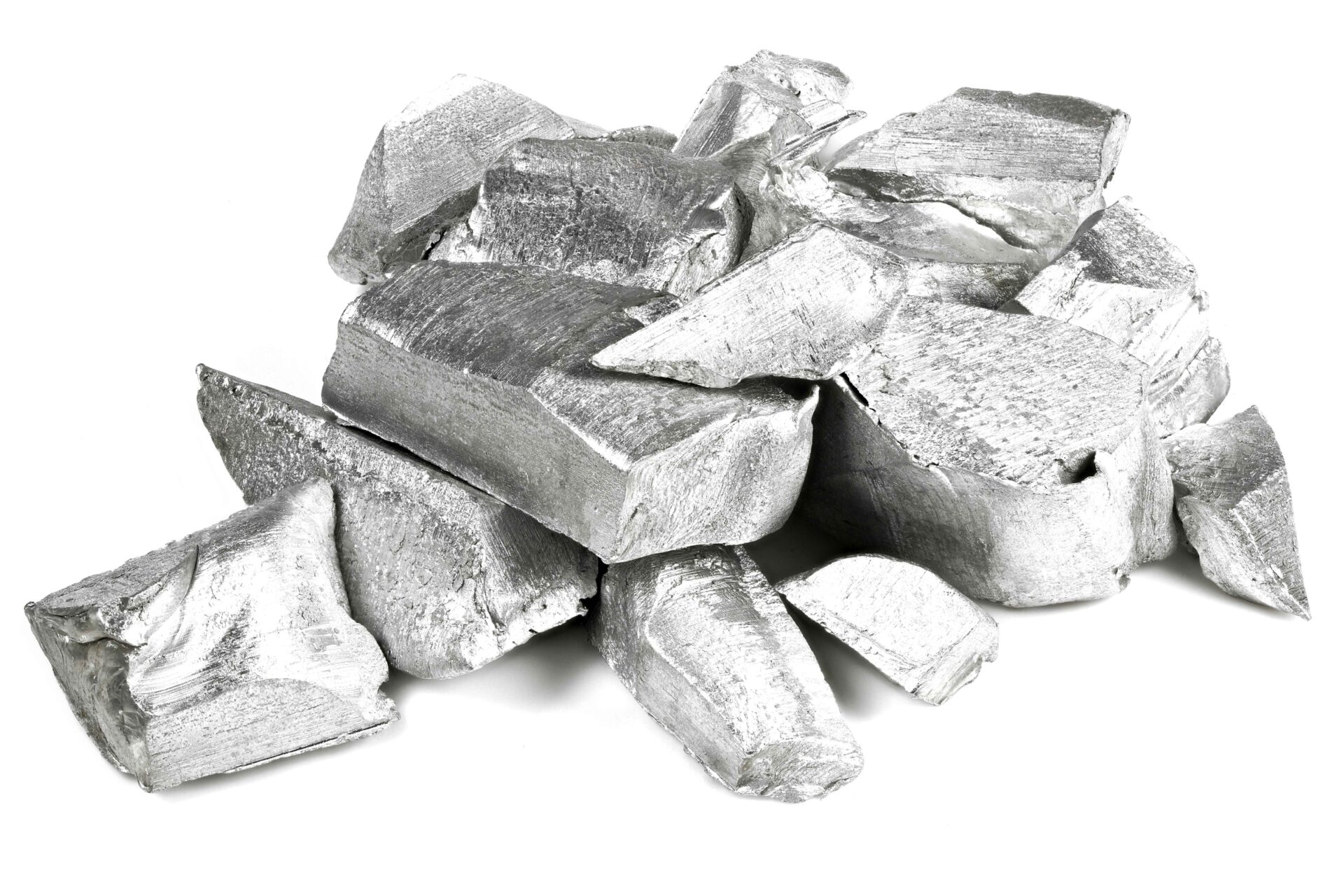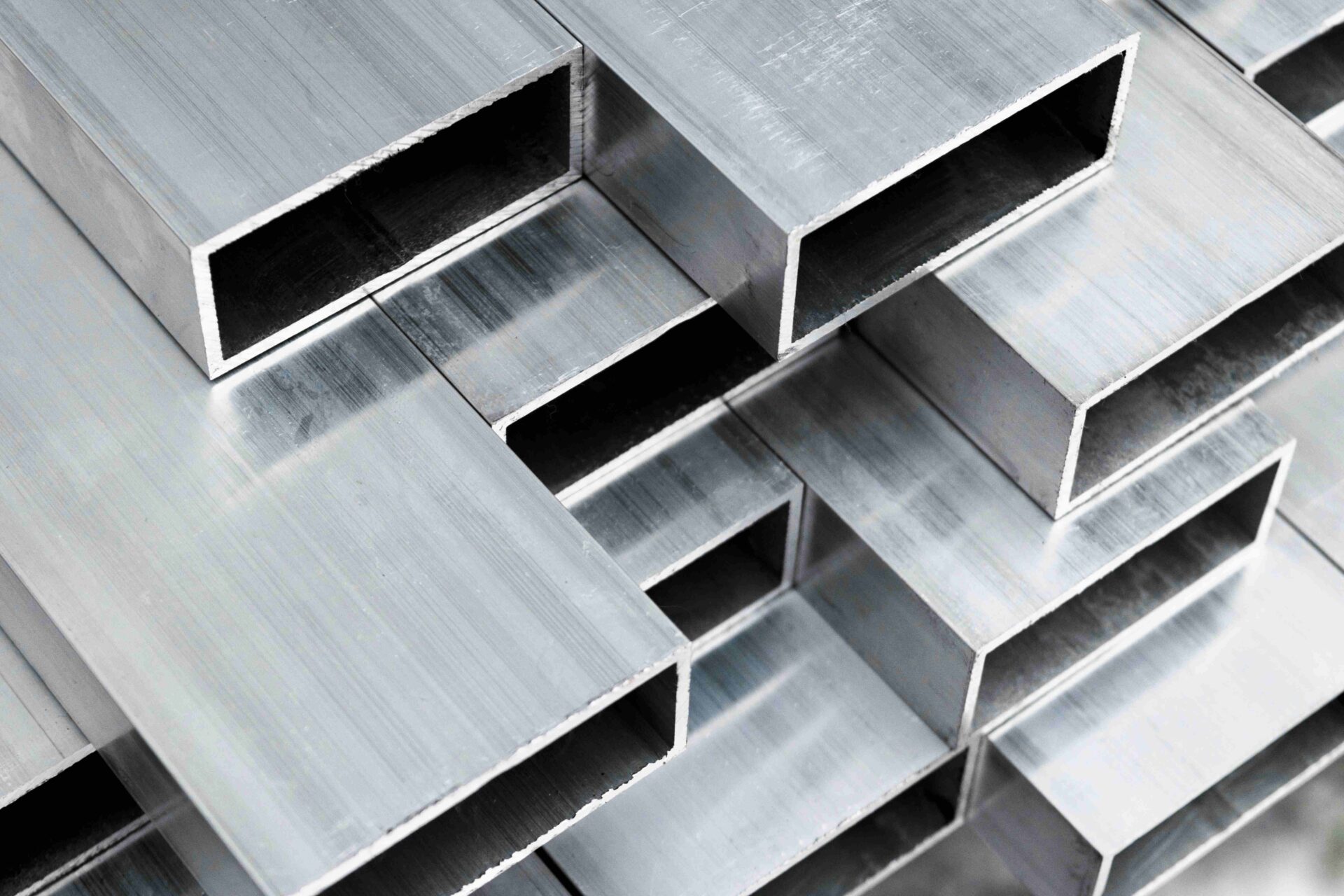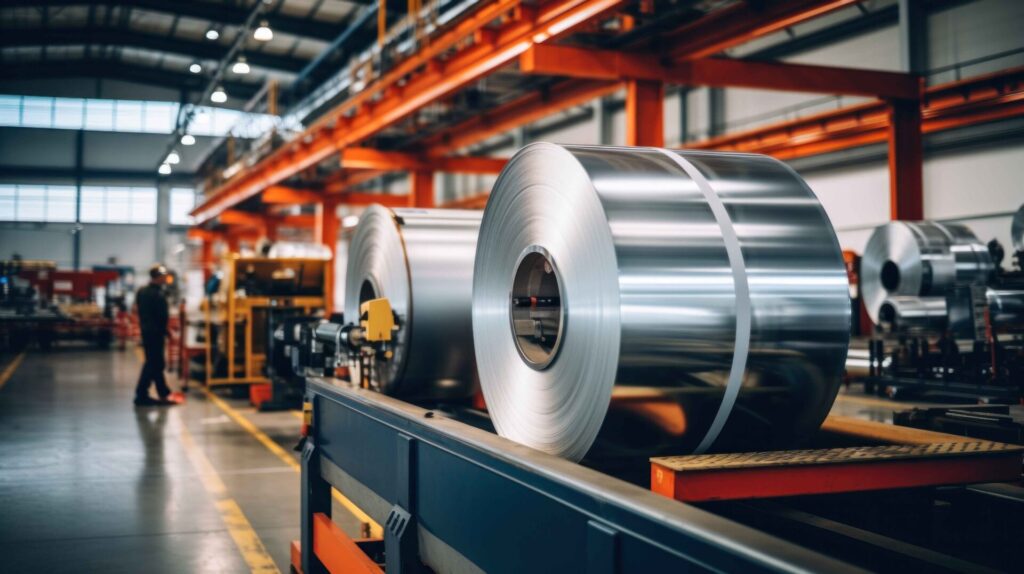The rising cost of aluminum has been evident in recent years, making it a topic of interest and concern for businesses and consumers alike. In this blog post, we will explore the reasons behind the hike in aluminum prices, its impact on the market, and what the future holds for this metal.
How Much Is Aluminum in Canada?

As of mid-2024, the aluminum price in Canada is fluctuating around CAD $2,600 per metric tonne. The aluminum price per pound ranges from CAD $1.20 to CAD $1.50, depending on market conditions and location. Prices can vary significantly based on factors such as supply chain disruptions, demand spikes, and economic policies.
What is Causing the Rising Cost of Aluminum?
Several factors contribute to the rising cost of aluminum:
- Supply Chain Disruptions: The global supply chain has faced unprecedented disruptions due to the COVID-19 pandemic, geopolitical tensions, and environmental regulations and have led to the rising cost of aluminum. For example, smelter output limits in China have reduced the supply of aluminum significantly.
- Increased Demand: The demand for aluminum has surged due to its extensive use in industries such as automotive, aerospace, construction, and packaging. As economies recover from the pandemic, the need for aluminum in manufacturing and construction has increased, driving up prices.
- Energy Costs: Aluminum production is highly energy-intensive. Rising energy costs, especially in major producing countries, have contributed to higher production costs, which are passed on to consumers.
- Environmental Policies: Stricter environmental regulations aimed at reducing carbon emissions have led to reduced production capacities in some regions, further tightening the supply.
Why Is Aluminum Demand Increasing?
The demand for aluminum is on the rise due to its unique properties:
- Lightweight: Aluminum’s low density makes it ideal for applications where weight reduction is crucial, such as in the automotive and aerospace industries.
- Corrosion Resistance: Its natural resistance to corrosion makes aluminum a preferred choice for structures exposed to harsh environments.
- Recyclability: Aluminum is 100% recyclable, making it an eco-friendly option for various applications.
Industries are increasingly turning to aluminum for its combination of strength, lightweight properties, and environmental benefits.
Is There an Aluminum Shortage?
Currently, the world is experiencing an aluminum shortage due to several factors:
- Production Cuts: Major aluminum-producing countries like China and India have reduced output due to environmental regulations and energy constraints.
- Logistics Issues: The pandemic has disrupted global logistics, causing delays in aluminum shipments and contributing to a supply crunch.
- High Demand: The rapid recovery of industries post-pandemic has led to a surge in demand for aluminum, further exacerbating the shortage.
Is Aluminum Expected to Go Up in Price?
Aluminum prices will continue to rise in the short to medium term. Factors influencing this trend include:
- Increasing Demand: As industries recover and expand, the demand for aluminum is expected to grow, putting pressure on prices.
- Limited Supply: With ongoing production and logistical challenges, supply is likely to remain tight, further driving prices up.
- Rising Energy Costs: Higher energy costs are likely to persist, increasing the cost of aluminum production and, consequently, its market price.
What Is the Future of Aluminum Metal?
The future of aluminum looks promising, with expectations of continued growth in demand across various industries. Innovations in recycling and production processes are likely to improve the efficiency and sustainability of aluminum production. Additionally, the shift towards renewable energy and electric vehicles will boost the demand for lightweight and recyclable materials like aluminum.
Advantages and Disadvantages of Using Aluminum
Advantages
- Lightweight: Aluminum’s low density makes it ideal for applications where weight is a critical factor.
- Corrosion Resistance: It resists corrosion and does not rust, which extends its lifespan.
- Recyclability: Aluminum can be recycled again and again without losing its properties, making it environmentally friendly.
- Versatility: Aluminum can be combined with other metals to improve its strength and other properties.
Disadvantages
- Energy-Intensive Production: Producing aluminum requires significant amounts of energy, contributing to higher costs and environmental impacts.
- Lower Strength: Compared to metals like steel, aluminum has a lower strength, limiting its use in certain applications.
- Cost: The initial cost of aluminum is higher than some other metals, making it less economical for certain applications.
The rising cost of aluminum in Canada is a complex issue influenced by a multitude of reasons. For businesses and consumers, understanding these dynamics is crucial for navigating the current market. Millennium Specialty Alloys remains dedicated to providing top-quality aluminum products to meet your needs in this evolving landscape.


